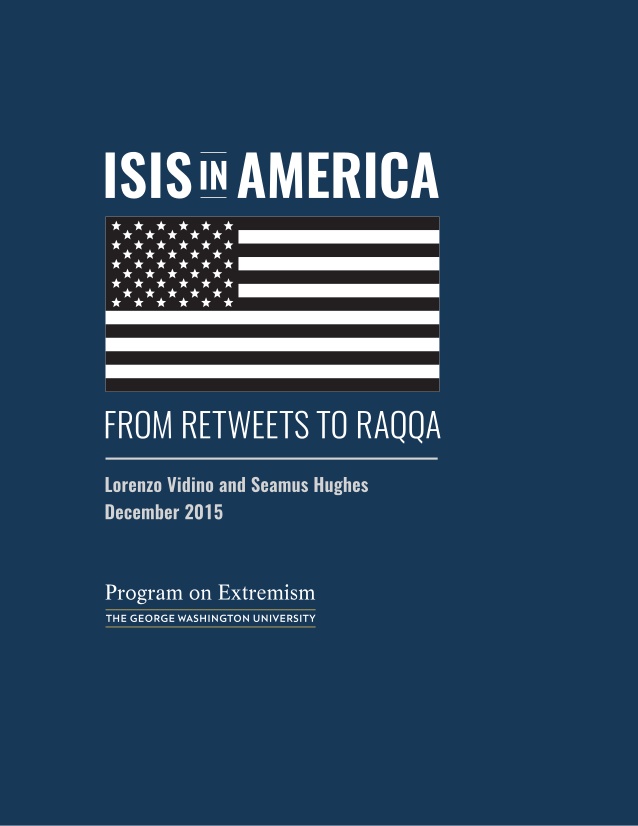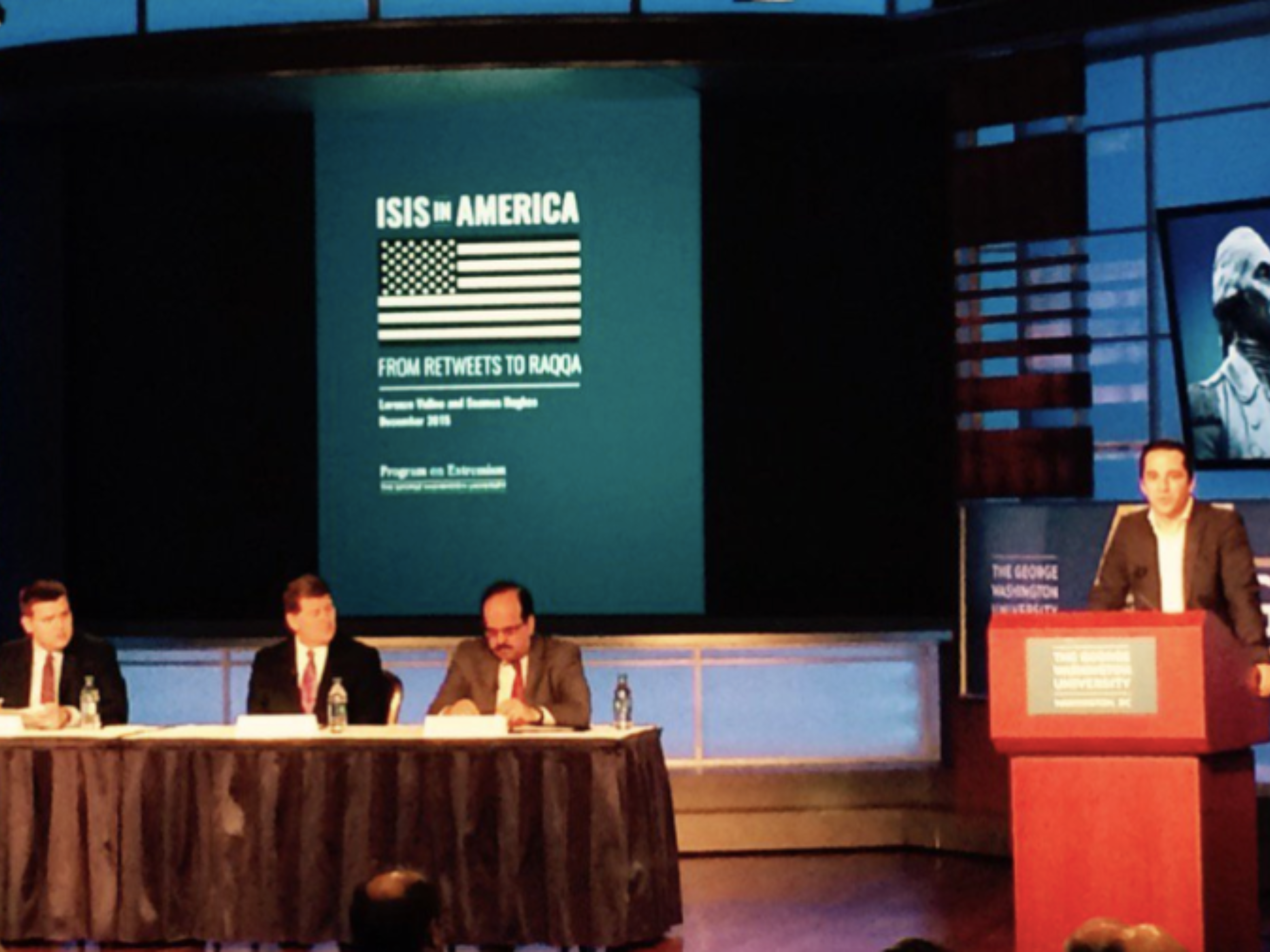While not as large as in many other Western countries, ISIS-related mobilization in the United States has been unprecedented. As of the fall of 2015, U.S. authorities speak of some 250 Americans who have traveled or attempted to travel to Syria/Iraq to join the Islamic State in Iraq and Syria (ISIS) and 900 active investigations against ISIS sympathizers in all 50 states.
Seventy-one individuals have been charged with ISIS-related activities since March 2014. Fifty-six have been arrested in 2015 alone, a record number of terrorism-related arrests for any year since 9/11. Of those charged:
- The average age is 26.
- 86% are male.
- Their activities were located in 21 states.
- 51% traveled or attempted to travel abroad.
- 27% were involved in plots to carry out attacks on U.S. soil.
- 55% were arrested in an operation involving an informant and/or an undercover agent.
A small number of Americans have been killed in ISIS-related activities: three inside the U.S., at least a dozen abroad.
The profiles of individuals involved in ISIS-related activities in the U.S. differ widely in race, age, social class, education, and family background. Their motivations are equally diverse and defy easy analysis.
Social media plays a crucial role in the radicalization and, at times, mobilization of U.S.-based ISIS sympathizers. The Program on Extremism has identified some 300 American and/or U.S.-based ISIS sympathizers active on social media, spreading propaganda, and interacting with like-minded individuals. Some members of this online echo chamber eventually make the leap from keyboard warriors to actual militancy.
American ISIS sympathizers are particularly active on Twitter, where they spasmodically create accounts that often get suspended in a never-ending cat-and-mouse game. Some accounts (the “nodes”) are the generators of primary content, some (the “amplifiers”) just retweet material, others (the “shout-outs”) promote newly created accounts of suspended users.
ISIS-related radicalization is by no means limited to social media. While instances of purely web-driven, individual radicalization are numerous, in several cases U.S.-based individuals initially cultivated and later strengthened their interest in ISIS’s narrative through face-to-face relationships. In most cases online and offline dynamics complement one another.
The spectrum of U.S.-based sympathizers’ actual involvement with ISIS varies significantly, ranging from those who are merely inspired by its message to those few who reached mid-level leadership positions within the group.



